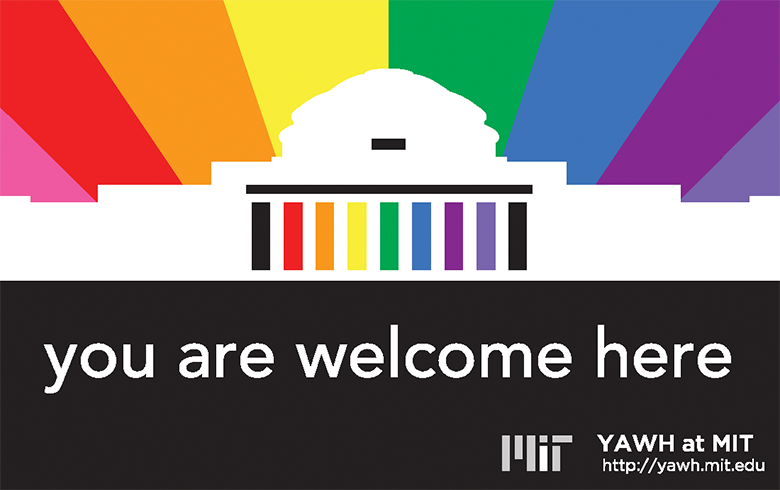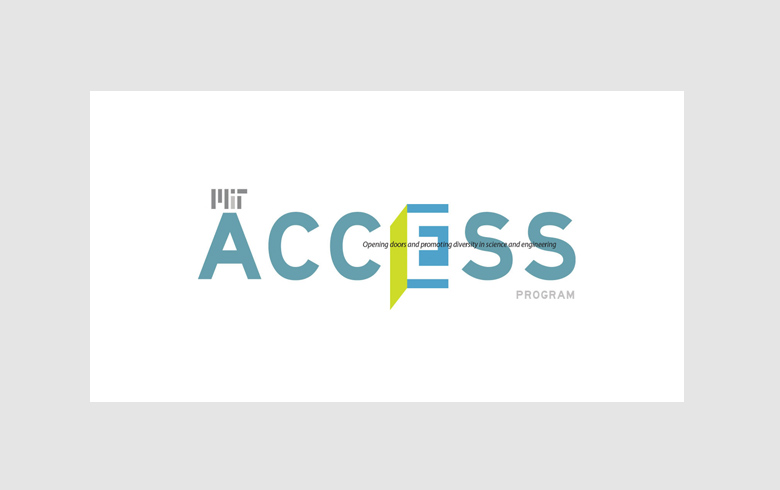Diversity
We are committed to increasing the diversity and inclusiveness of the MIT community. There can be no barrier to talent at MIT: solving some of the world’s most challenging problems will require a rich variety of perspectives and abilities. We welcome and encourage talented individuals of all racial, cultural, and socioeconomic backgrounds, sexual orientations, gender identities and expressions, and disabilities to join us in our pursuit of a better world.
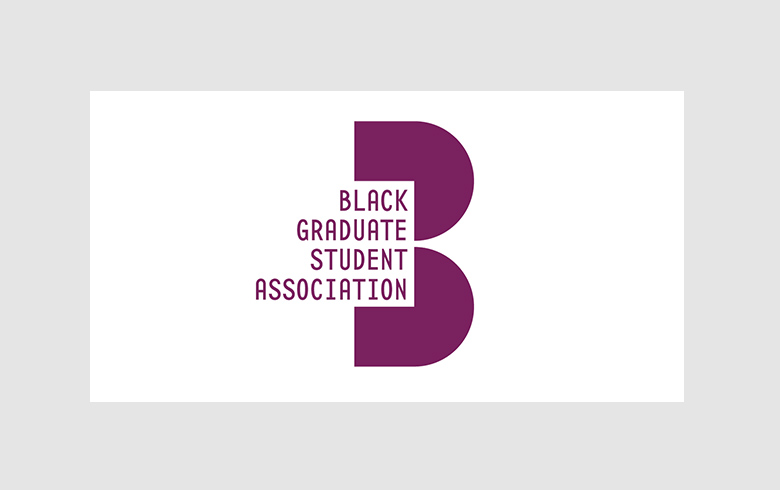
The Black Graduate Student Association (BGSA) seeks to promote the cohesiveness and success of African, African-American, and Afro-Caribbean graduate students at MIT. The group host different types of events: social events—e.g, community lunches, bowling outings, game nights, academic or career development events—e.g, lunch talks, career workshops.
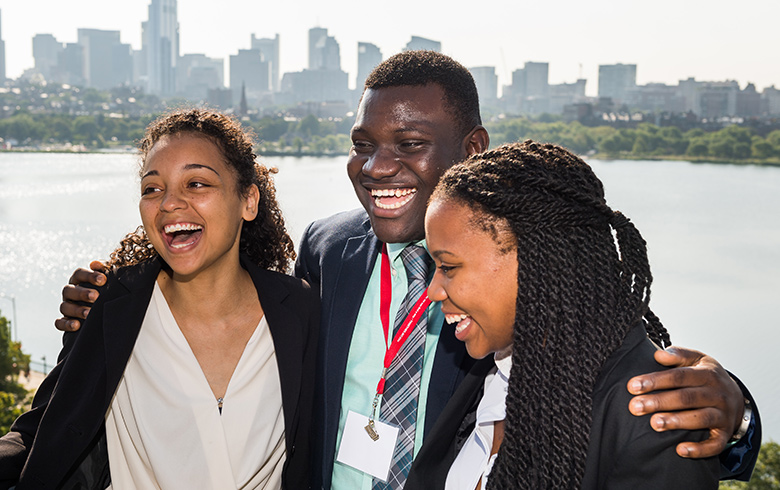
Chemical Bonding Fellows (CBFs) will spend 9 weeks in Chemistry over the summer, carrying out collaborative research. All expenses will be covered including participation in the MIT’s Summer Research Program (MSRP)’s educational and social activities. No proceeds from funding sought will be used to support MIT Chemistry faculty or MIT Chemistry students.
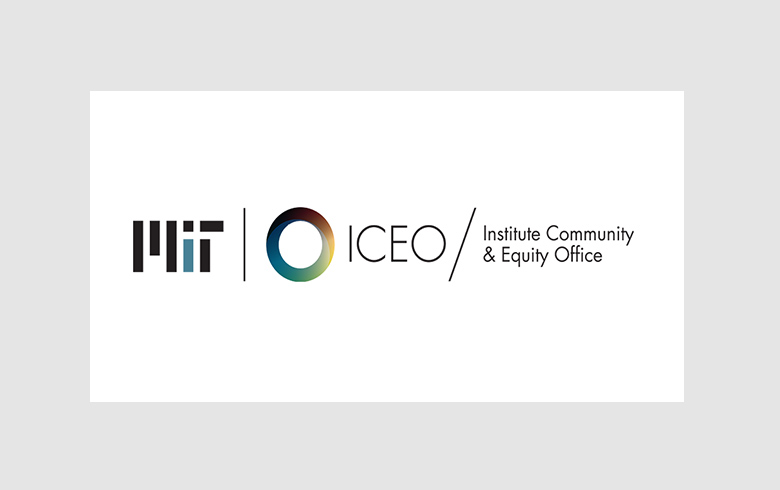
The Institute Community and Equity Office (ICEO) serves as a thought leader on the subjects of community, equity, inclusion, and diversity; a focal point for organizing MIT’s related activities and conversations; and a hands-on practitioner who disseminates best practices and inspires the awareness and enthusiasm to help them flourish.
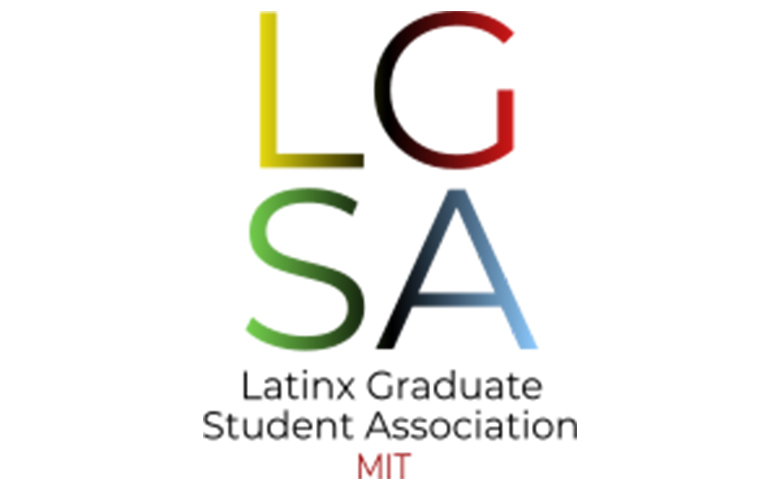
The LGSA seeks to empower its members through the creation of a strong network of graduate students, faculty, administrators and alumni that will aid in the retention, graduation and professional support of the MIT Latinx student. Contact lgsa-exec@mit.edu for more information.
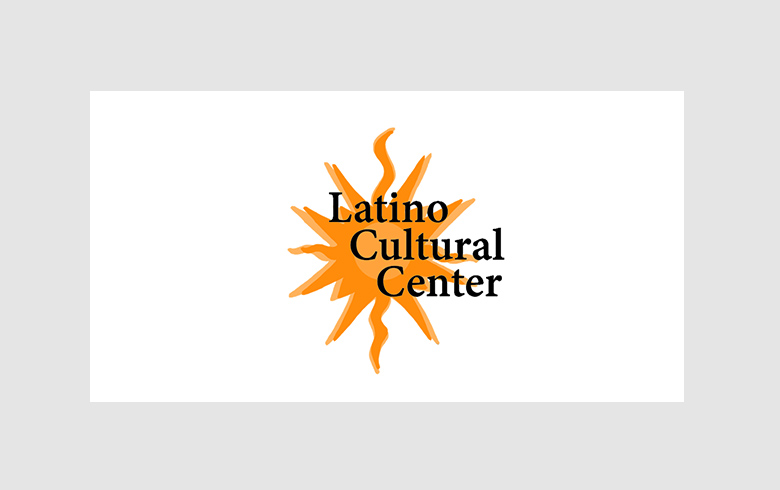
The LCC functions as the hub for Latino students and student organizations, as well as individual community members interested in learning more about Latino culture. The purpose of the LCC is to provide a space for students to meet with study groups or to study individually, to socialize, and to hold cultural and social events.
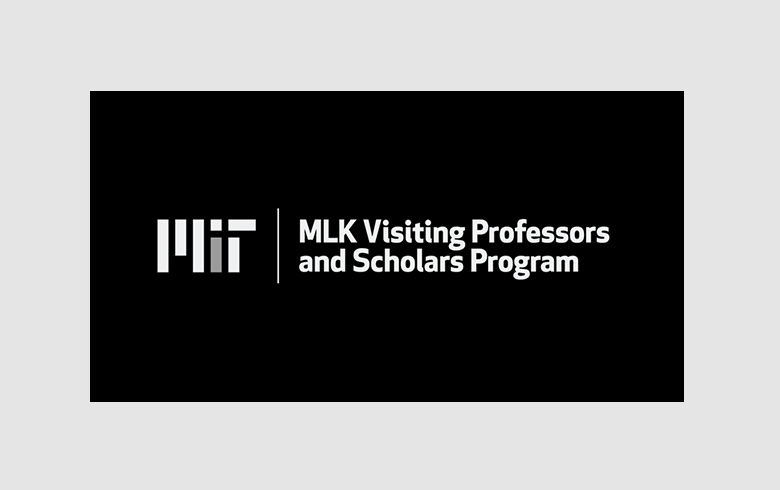
The Massachusetts Institute of Technology established the Dr. Martin Luther King Jr. Visiting Professor Program to enhance and recognize the contributions of outstanding scholars. The program honors the life and legacy of Dr. Martin Luther King Jr. by increasing the presence of minority scholars at MIT.
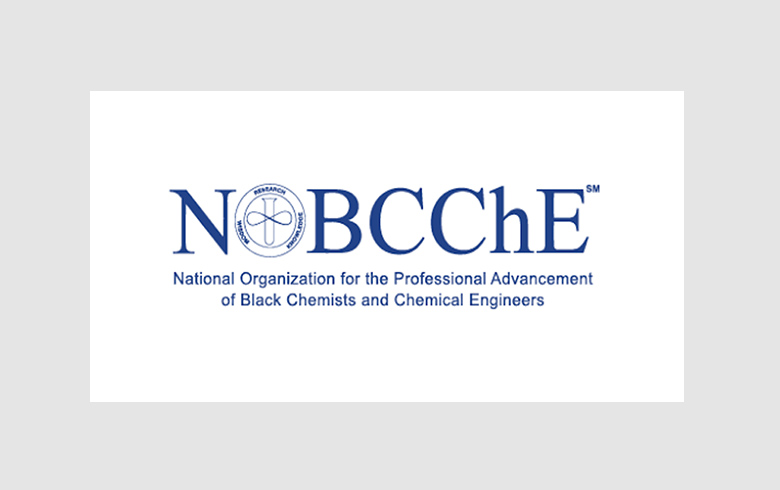
The mission of the National Organization for the Professional Advancement of Black Chemists and Chemical Engineers (NOBCChE) is to build an eminent cadre of successful diverse global leaders in STEM and advance their professional endeavors by adding value to their academic, development, leadership, and philanthropic endeavors throughout the life-cycle of their careers.
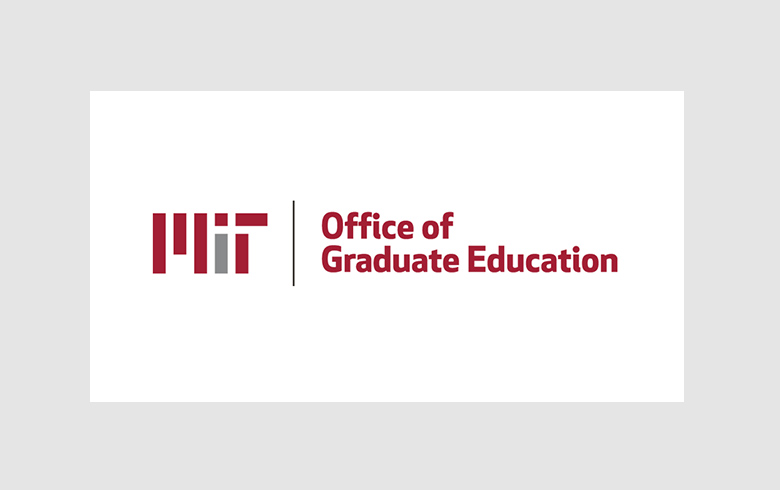
The Office of Graduate Education is an Institute-wide support and referral office for graduate students and graduate administrators. The OGE supports and serves individual graduate students, programs, and schools in order to make graduate education at MIT empowering, exciting, holistic, and transformative.
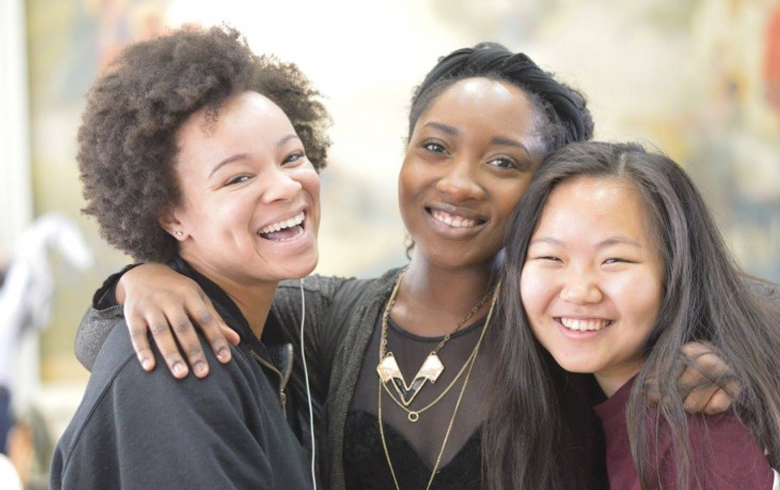
The Office of Multicultural Programs seeks to foster an inclusive and affirming campus climate. They provide oversight for the Black Student Union and the Latin Cultural Center, and advise the approximately seventy culturally-focused student clubs and organization, while serving as a safe space for students to develop connections and broaden their scope.
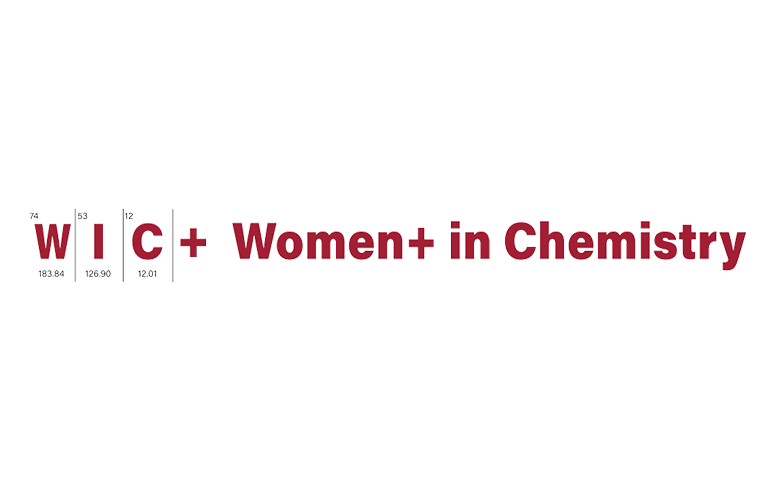
The mission of WIC+ is to foster a sense of community in the department, facilitate connections with the greater community, support the professional development of department members, and advocate for people of all genders and for gender diversity in the department and the entire chemistry community.

